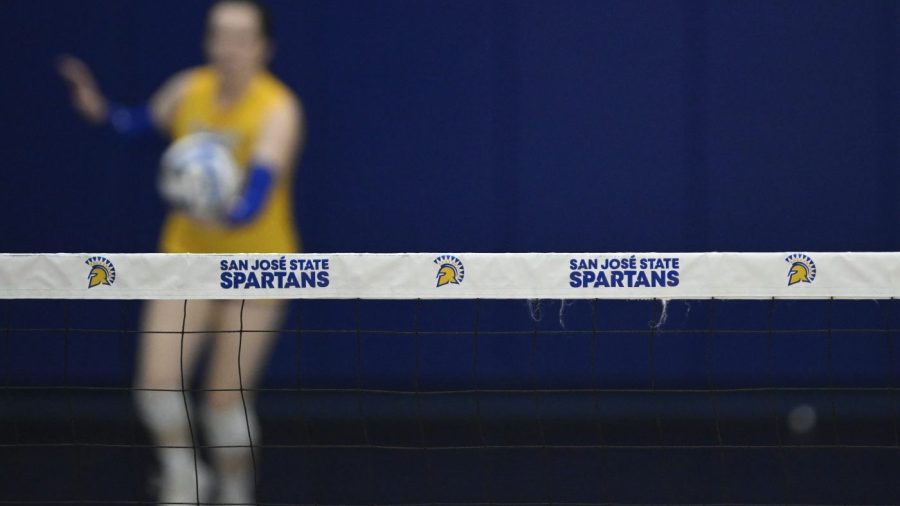
Within hours of President Trump signing an executive order to ban transgender athletes from competing in women’s sports, the NCAA, which governs 1,100 American colleges and universities, announced an updated policy.
The new rule states that any transgender athletes undergoing hormone therapy can no longer compete for an NCAA women’s team. This is despite the fact that NCAA President Charlie Baker testified before Congress last year that there are fewer than 10 transgender athletes competing in the NCAA.
As a Ph.D. scientist specializing in genetics and genomics, as well as the founder of an at-home hormone monitoring company, it is clear to me that science had nothing to do with this decision. With such a small number of athletes even falling under the ban, it raises the question of why the administration implemented it at all.
The answer? This is just another way to turn hormones into a justification for exclusion.
Sports have long struggled with defining gender categories, often enforcing sex verification tests that have unfairly scrutinized and excluded some athletes. In the 1960s, these tests frequently included invasive physical exams and stereotyping athletes based on how they looked. Now, many sports governing bodies require women to have low levels of testosterone, with arbitrary thresholds for levels that make them ineligible to compete.
These levels vary by sport, governing body and even year. For example, starting in March 2023, track’s World Athletics required women to suppress their testosterone to a level below 2.5 nmol/L for six months, which was half the level of 5 nmol/L proposed in 2015. These inconsistencies are a problem across the sports world.
Over the years, organizations like the International Olympic Committee have acknowledged transgender athletes and allowed trans women to compete. However, even this eligibility is subject to specific medical guidelines without much scientific basis. The recent executive order is an even further regression — one that reinforces the harmful misuse of hormones to marginalize women, transgender people and non-binary individuals.
Every human has hormones. They’re crucial to regulating everything from growth and mood to blood sugar and stress response. They can also be used as a basis for discrimination. Women experiencing hormone fluctuations are often seen as “moody.” Hormonal treatments — from birth control to hormone replacement therapy — are regulated to control women’s reproductive health choices. And the effect of hormones is often completely ignored in medical research, in which women test subjects weren’t required to be included until 1993.
Much like all biases based on hormones, the rules that exclude transgender people in sports are based on little to no scientific evidence. Hormone levels and the effect of hormone therapy vary widely across individuals. Of the studies that do exist, most of them don’t adjust for factors such as height or lean body mass, and most look at the effects of testosterone in individuals who are using performance-enhancing drugs. Almost none of the studies look at trans women who are trained athletes. There is no definitive proof that trans women have an unfair advantage at any stage in a transition. In short, it has nothing to do with hormones.
It is a disservice to athletes everywhere that these decisions are based on broad assumptions of large groups of people. While there are certainly transgender athletes who have excelled in sports, a number of factors influence this performance. Everything from training to socioeconomic status to access to elite coaching can affect competitive advantage, not just testosterone levels.
At the heart of this issue is a simple truth: Sports, like any other space, should be about inclusion and fairness, regardless of gender identity. Governing bodies have to stop using hormones as a weapon to divide based on flawed science.
We must start investing in hormone research and science that accurately reflects diverse gender experiences, both in sports and society at large. Everyone deserves the opportunity to compete and to live on their own terms.
Dr. Amy Divaraniya, PhD, is the founder and CEO of Oova.












